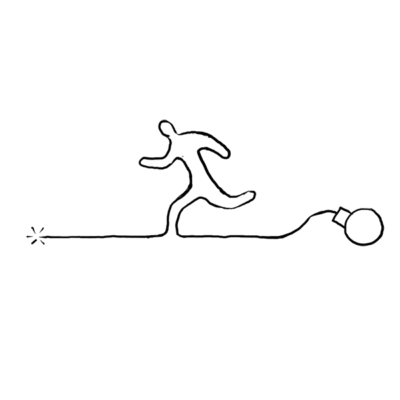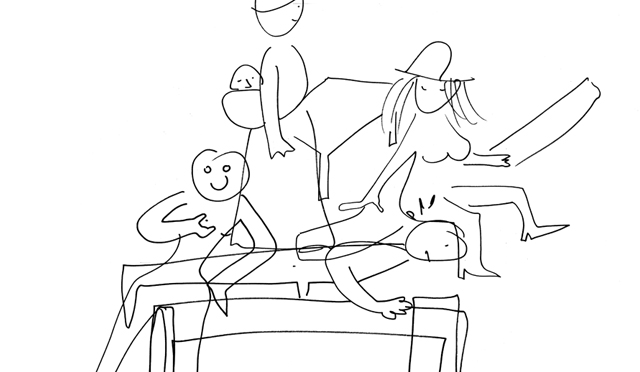Search
To search for an exact match, type the word or phrase you want in quotation marks.
A*DESK has been offering since 2002 contents about criticism and contemporary art. A*DESK has become consolidated thanks to all those who have believed in the project, all those who have followed us, debating, participating and collaborating. Many people have collaborated with A*DESK, and continue to do so. Their efforts, knowledge and belief in the project are what make it grow internationally. At A*DESK we have also generated work for over one hundred professionals in culture, from small collaborations with reviews and classes, to more prolonged and intense collaborations.
At A*DESK we believe in the need for free and universal access to culture and knowledge. We want to carry on being independent, remaining open to more ideas and opinions. If you believe in A*DESK, we need your backing to be able to continue. You can now participate in the project by supporting it. You can choose how much you want to contribute to the project.
You can decide how much you want to bring to the project.

©Andreas Topfer
In our day to day, with every step we take, when we get to work (if we get to it –or when we sit down, at home, coffee-tea-juice and computer…) when we buy, move in metro-bus-bicycle-car…when we drink water, fizzy drinks or alcohol; at every moment we are surrounded by rules: moral or legal, binding or nor, that determine the way things are, and fix the codes and conduct of what is correct and just.
In the same way the politics we define marks our ways of life, the laws that surround us –even if we ignore them- determining our capacities and our limitations. Trapped by rules, even if we aren’t familiar with them, these also reach an art market that has surpassed all limits of what is moral, just and correct (like for example, Richard Prince) but that, despite this, populate a complex system that is often not observed with sufficient attention.
In this issue we proposed to talk about the rules that govern distribution in the world of art and everything that derives from this essential step within the system.
We wanted to tackle the subject from a legal, specialised point of view, so we asked Eva Soria to collaborate , accustomed as she is to moving across two fronts, the legal and the artistic. We also wanted to broaden judgment and extend options with the critical observation fro channels that we have known with the turn of the century: Glòria Guso wrote a commentary suspicious of crowdfunding (could we also call it “broad based capitalism”?), of its dangers and perversions. Nerea Arrojería wrote a text full of the referents there have been, testimony to a real option for a different form of distribution, that of sharing, as a viable and efficient alternative. María Muñoz contributed with an indispensable interview with the generous and multifaceted Arman Avanessian,a philosopher of speculative realism and author of the project Discreet, an intelligence agency for people. A conversation in which we also learned, about systems of power and sabotage within the art system, the Zeitkomplex and the need to go beyond the “contemporary”.

A*DESK is a critical platform focused on publishing, training, experimentation, communication and dissemination in relation to contemporary culture and art, which is defined by transversality. The starting point is contemporary art, because that is where we come from and this awareness allows us to go much further, to incorporate other disciplines and forms of thought in order debate issues that are relevant and urgent for understanding our present.
"A desk is a dangerous place from which to watch the world" (John Le Carré)